A couple of years ago I began to write a book about seven generations of my paternal family in America. It was a labor of love in anticipation of the 100th birthday of my grandparents’ Adirondack cabin. The house, now owned by my siblings and our families, is located in the High Peaks region of the Adirondack Mountain Reserve, in a tiny hamlet called Keene Valley. It’s across the brook from the site on which my great-grandparents’ home once stood.
The centennial took place in August, 2015, and included 3 glorious days of swimming, hiking and family story-sharing. 50 double cousins*, from 2 months to 82 years, gathered for the occasion.
*Double Cousins: 2 brothers married 2 sisters. Julius Sachs married Rosa Goldman; Samuel Sachs married Louisa Goldman. Their offspring are double cousins.
I circulated my first draft of the book at the event, and asked family members to check for errors and omissions (there were plenty). It’s difficult to describe how deeply I loved working on this project, which felt almost as if I was traveling back in time, meeting my ancestors one-by-one, and falling in love with many of them. The year turned into a virtual love-fest in my imagination.
It all began in 1837, when two young Jewish men met in a synagogue in Würzburg, Germany. Both excelled in their studies: Joseph Sachs (20) was gifted in languages, Marcus Goldman (16) in mathematics, and the two quickly became close friends.
The custom in 1840s Würzburg, was that well-to-do Jewish families boarded poor students. Joseph was the poor student, and his generous hosts were successful goldsmiths who were also the parents of brilliant, young Sophia Baer.
The student and the young lady fell in love, and when Sophia’s parents objected to their daughter “marrying an impecunious teacher”, the young lovers eloped to Hamburg, then sailed for America in 1847. Marcus followed suit in 1848, and the very day he arrived in Philadelphia he and Joseph bumped into each other! Their chance meeting foreshadowed a future alliance between the two families (albeit 30 years later) that would influence the world: Goldman Sachs & Co.
Meanwhile, Bertha Goldman (no relation to Marcus), was a young seamstress who had also arrived from Germany in 1848, then moved to Philadelphia in 1851. She met Marcus, who wished to court her with a bouquet of flowers; because his work as a peddler left him no money, he surprised her with a bunch of radishes hidden in his hat! It worked. The two fell in love, and were married later that year.
Joseph, Sophia, Marcus and Bertha were my great-great-grandparents. Feeling connected to them is visceral to me, although Joseph and Sophia never even visited Keene Valley (alas, they died too young). Their spirit, however, is everywhere surrounding Rushing Brook: in their commitment to “do what you love and give it your everything”, and in their unflagging support and trust for family.
When I was 12, my parents invited several musician friends and their families to bring their instruments and join us for a long weekend of music and improvisation at Waldfried. The sensory experiences that summer were unforgettable: hearing and playing the music, feeling the freezing water on our bare feet as we ran across the brook and back, throwing meals together on the run… it was creative collaboration. I didn’t know at the time how deeply it would impact my future career.
This summer I feel privileged to literally follow in the footsteps of our ancestors: down the old moss-covered-stone-steps, across the brook, and back up the other side, inhabiting their space, which I believe, on occasion, hosts their spirits as well.
A love-fest indeed. What a gift.
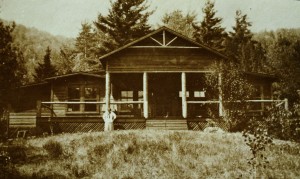

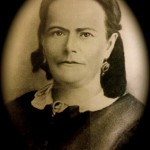
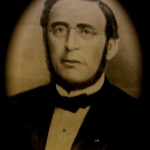
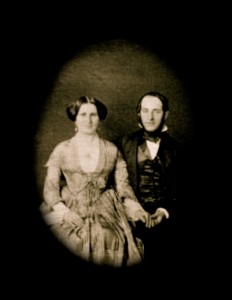

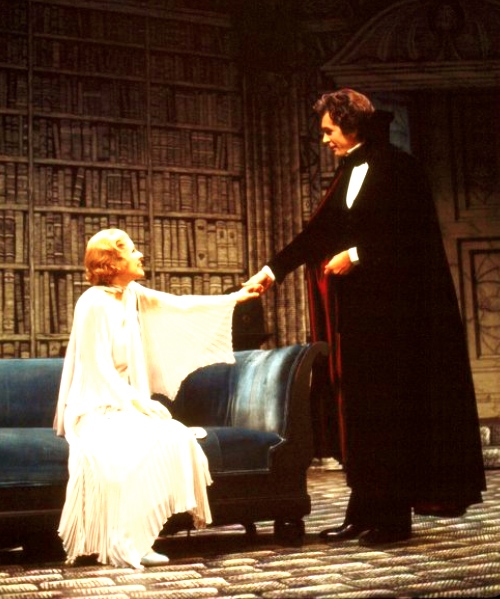
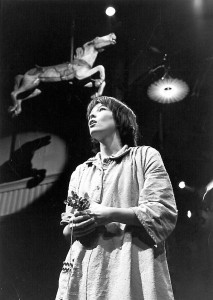
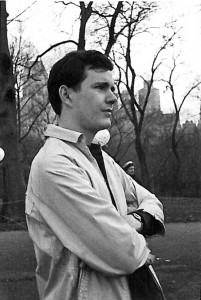



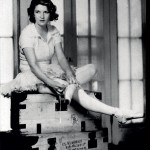
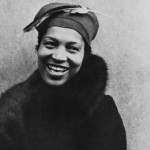

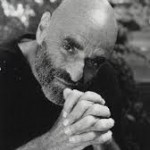
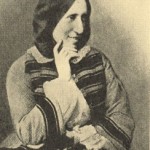
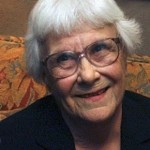

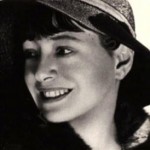
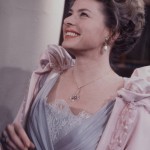
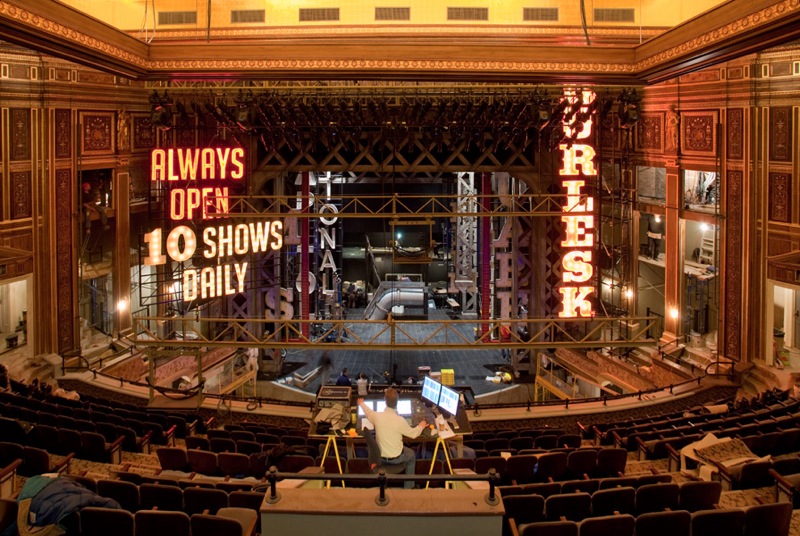

Recent Blog Comments